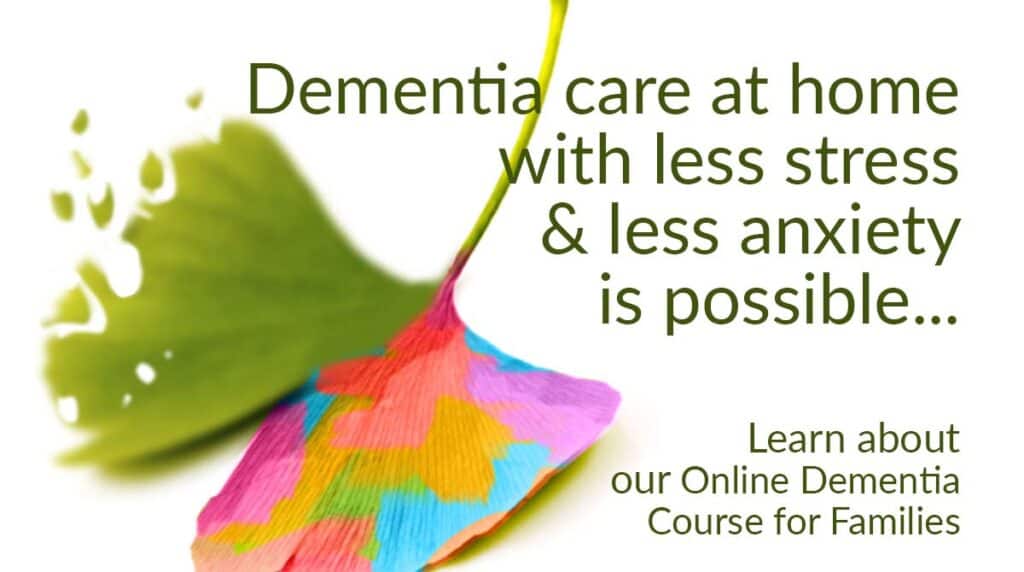Dementia villages are springing up in Europe, Britain, and Canada. These are Truman Show-style communities, where the residents are people who have dementia and everyone who works there—the shopkeepers and waitresses, policemen and postmen—are actually caregivers.
The idea is to provide people with familiar surroundings and the usual activities of daily life so that they can choose to remain active and engaged. Residents live in individual homes, with up to half a dozen roommates, and are free to order their days according to their habits and preferences.
To someone like me, who believes wholeheartedly in the preservation of dignity and autonomy in aging (especially when dementia is in the picture), dementia villages sound like an arrangement that would dispel socially-created disability (i.e. if our communities had ramps but no stairs, it wouldn’t matter whether someone used feet or a wheelchair). Imagine what it would be like if the people we interact with daily in businesses and stores all accepted forgetfulness and loss of rational thought as simply another way someone could be differently abled.
So, the proponents of dementia villages believe in creating safe and pleasant residential spaces for those who are no longer able to pay bills, track time or accomplish tasks. But have they instead merely created a more comfortable way to isolate and separate people who are experiencing dementia?
Creating your own dementia-friendly community
Here at DAWN, in Moscow, Idaho, we have been determinedly doing the exact opposite for the past six years.
Our goal has always been to overcome separation and isolation. We get our clients out of their homes and care facilities and into the community. We don’t see ourselves as caregivers; we see ourselves as companions who know how to support our clients’ very specific needs. In fact, those of our clients who have anosognosia and are unaware of the impairments making them unsafe think that we are their new friends—not caregivers.
If you were to visit Moscow, you would see people going about their daily lives. Downtown, people are running errands, window shopping, stopping for coffee or lunch, sitting beside the fountain or watching children play in Friendship Square. My dementia care specialists and clients are there, too, but you wouldn’t be able to tell who’s who.
Over at the university, the pool opens for an adult lap swim at 11:30. One of those lap swimmers could never navigate the change room, swim within her lane, or count laps alone, but she can do it with her “friend” who takes care of recall and rational thinking for her. In the grocery stores, banks, utilities, and post office, you wouldn’t be able to pick out a DAWN client. They are there with a companion who is managing the conversation so that embarrassment isn’t a problem and the errand is being accomplished without confusion.
Teach others how to accommodate dementia
We’ve been joining our clients in community life here in Moscow for so long now that the town itself is becoming more accepting of dementia. It’s nothing formal, but shopkeepers are patient and accommodating when my clients are slow to make a selection. Waitresses and cashiers join us in chuckling over forgetfulness and business people follow our lead in responding to our client’s intonation rather than exact words. Restaurant and café owners obligingly wait for me to return to pay for a meal or leave a proper tip when I couldn’t prompt my client without causing embarrassment.
So join us in destigmatizing dementia at home. Let’s make our communities dementia-friendly and see the cognitive impairments caused by dementia as just another way someone might become differently abled. After all, we’re all more skilled in some areas and less adept in others. In the words of Ram Dass, we’re all just walking each other home.
§



Great article! I love the idea of these dementia villages, as well as making normal communities more dementia-friendly.